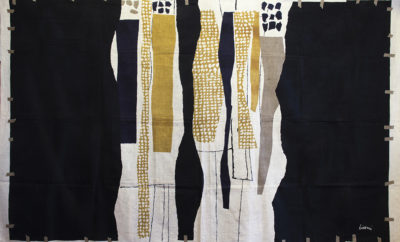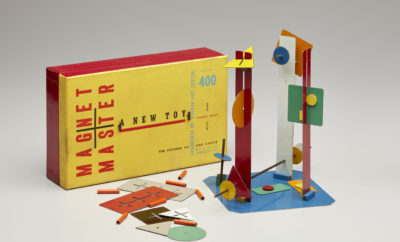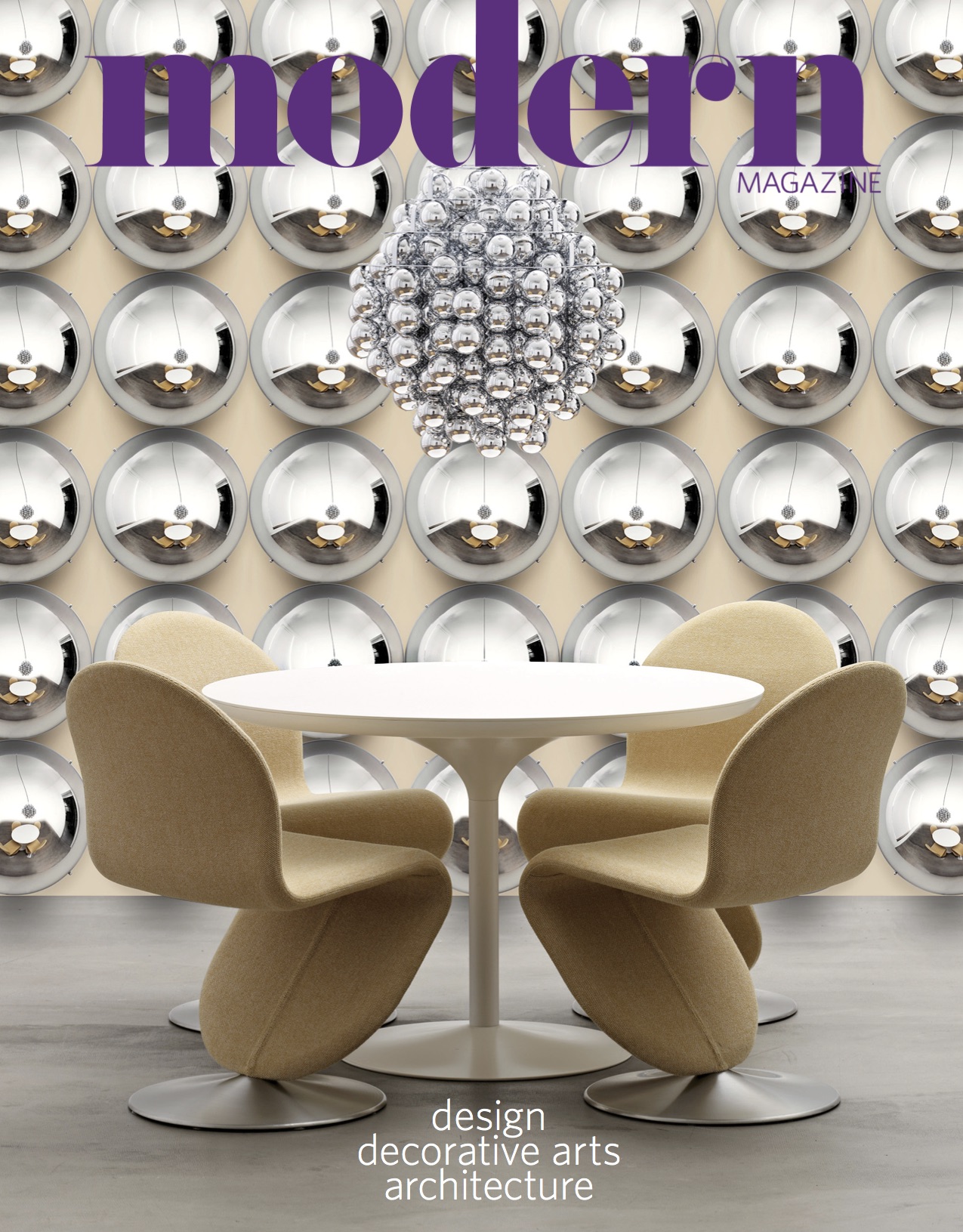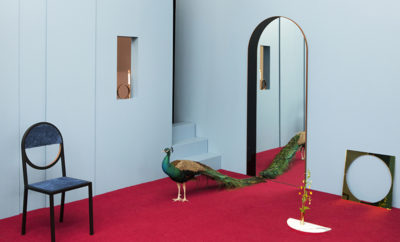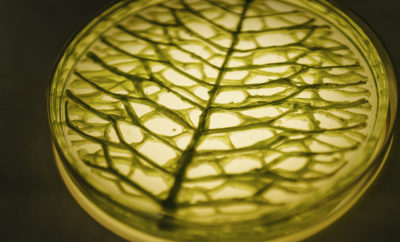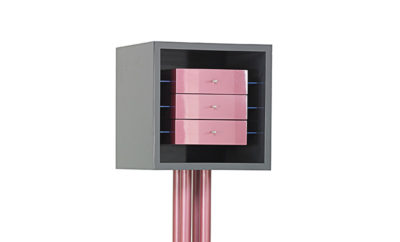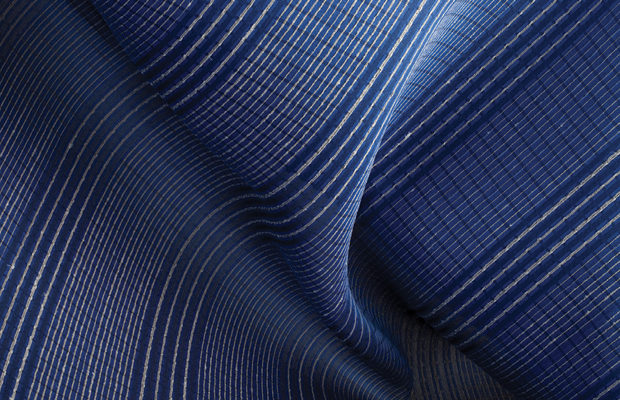 Reiko Sudo | © NUNO CORP
Reiko Sudo | © NUNO CORP
Exhibition
Scraps: Fashion, Textiles, and Creative Reuse
DARNING SAMPLERS AT THE FRONT of the Cooper Hewitt’s Scraps: Fashion, Textiles, and Creative Reuse exhibition are reminders of the time before mass production, when beautiful craftsmanship developed out of the need to repair cloth. The show itself focuses on three contemporary designers, Christina Kim, Luisa Cevese, and Reiko Sudo, all involved in sustainability, salvaging material that otherwise would be thrown away, and reusing it to create artful new products.
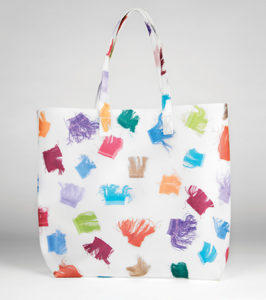
Luisa Cevese | © LUISA CEVESE RIEDIZIONI
Kim’s work was inspired by the handwoven, handkerchief-thin muslin used to make saris in India and Bangladesh. Not wanting to see unique and hand-dyed remnants go to waste, she works with local women to cut, piece, appliqué, draw on, and embroider scraps, making new cloth panels for dresses, skirts, blouses, window scrims, and even amulets. The work is gossamer, sometimes beaded or glimmering with metallic fiber. Cevese takes leftovers from gilded washi paper as well as vividly colored silk selvages and silk threads that would otherwise be thrown away and embeds them between sheets of transparent plastic to make handbags, zippered cases, wallets, and table mats. The threads look like floating swirls of color or the gilded outlines of clouds.
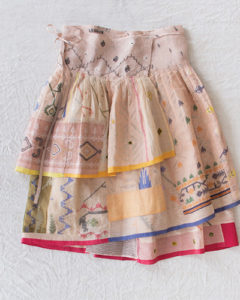
Christina Kim | © DOSA INC
Sudo, perhaps the most technologically innovative of the three, salvages waste material from silk cocoons. She’s developed a procedure to retrieve the coarse outer layer of silk thread, turning it into kibiso fiber, which can be spun into yarn and used for handmade traditional sandals or machine-milled textiles. More recently, she’s harvested the fine innermost silk that sticks to the carrier rods in silk factories and uses it to make ogarami choshi, a paper-like material. A fine example of her textured and puckered paper in a herringbone patterns hangs in the exhibition. All three designers are flourishing as they honor the materials of their trade as well as the need to repair our environment. cooperhewitt.org


